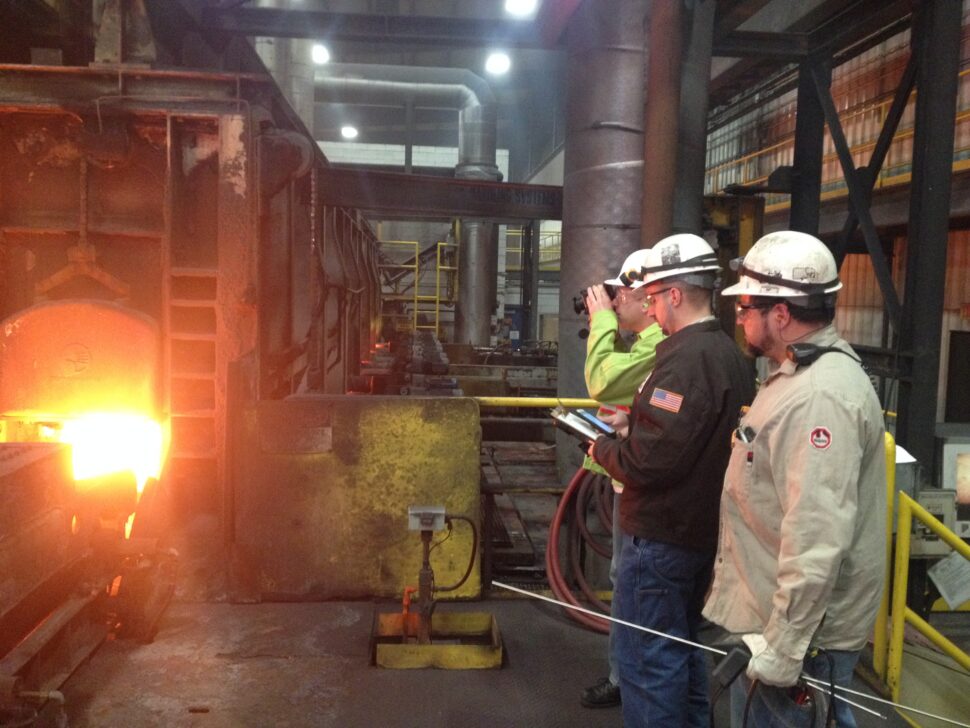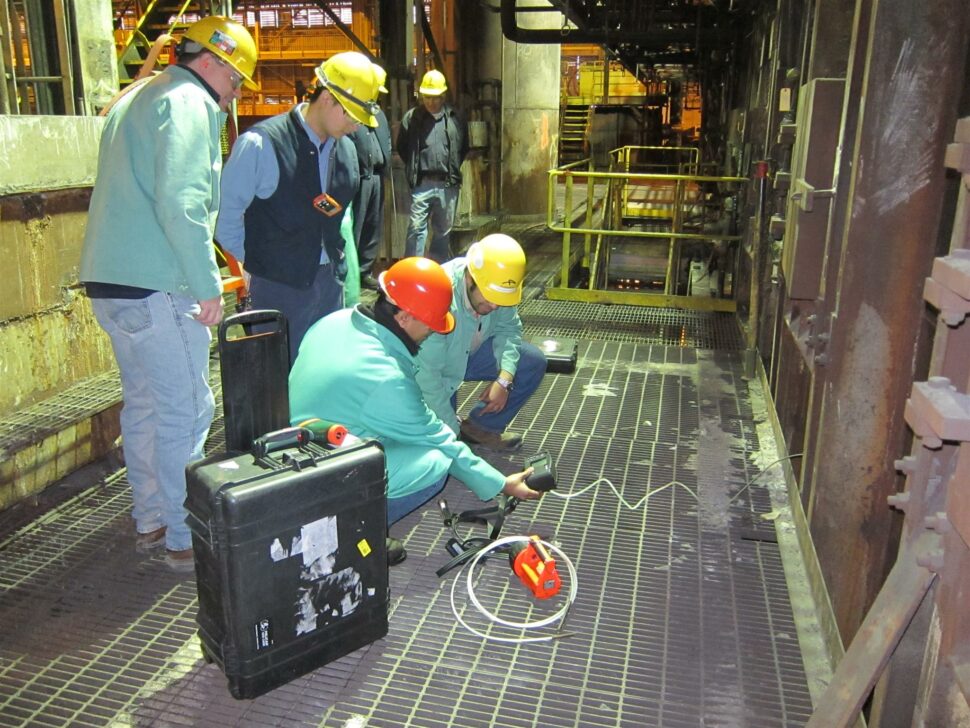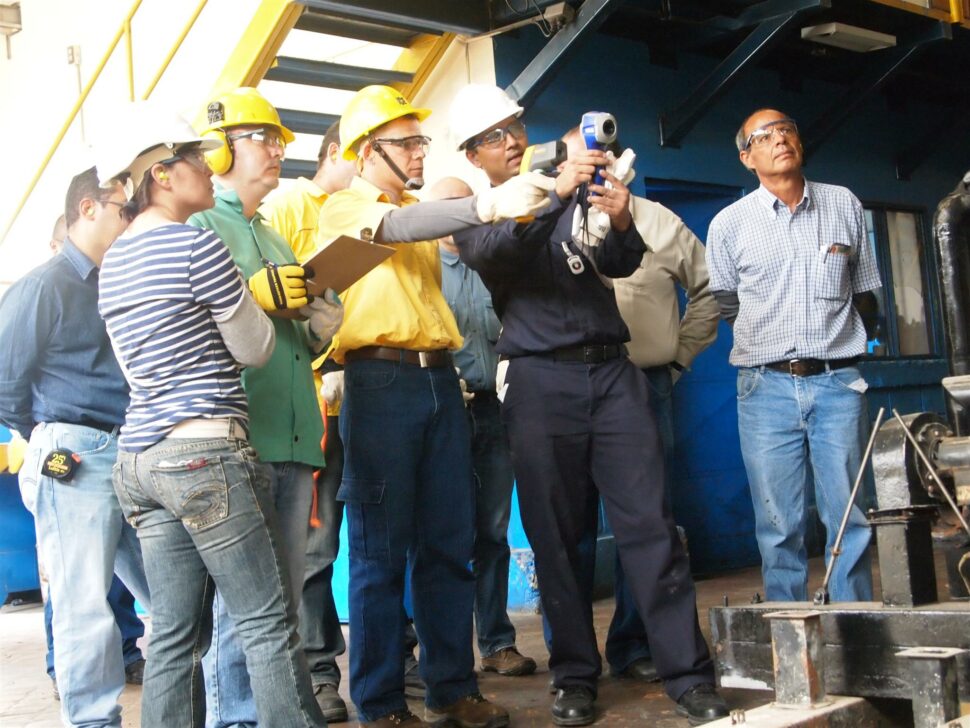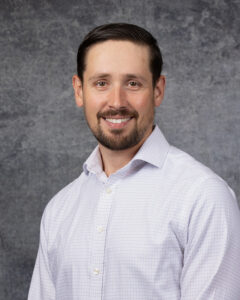Virtual Trainings (VT) offered by the U.S. Department of Energy’s Better Plants program are the online version of the multi-day workshops known as In-Plant Trainings (INPLTs). As with in-person Trainings, the VTs help attendees identify energy conservation opportunities, quantify savings from those opportunities, and implement projects to realize the cost savings.
The Better Plants program will deliver a VT on Utility Bills Analysis from July 30 to September 3, 2025. This training is designed to help manufacturers read, understand, and save money on their utility bills. Over this 6-week course, participants will learn about electricity, natural gas, and water billing. Details on how each utility is produced, distributed, and sold provides context for rate structures and markets. Additional topics include metering, consumption, demand, demand response, power factor, billing, and analysis. Participants will also learn how to use DOE software tools including MEASUR and VERIFI as they collect and analyze their utility bills.
The VT is comprised of 2.5-hour online training sessions (2-hour formal training and optional 0.5-hour Q&A) that will be delivered every Wednesday 10:00 AM – 12:30 PM ET for six (6) consecutive weeks. Participating in this VT is free and open to all Better Plants program partners. To maximize the benefits from attending VTs, homework assignments will be given to the participants at the end of each session and will be due by the next session. These homework assignments are designed to enhance participants’ understanding of utility bills. During the last session of the VT, participants are expected to create a summary presentation based on their own case studies, present their findings, and share the scrubbed version with DOE.
At the completion of the VT, Professional Development Hours (PDHs) Certificates will be prepared for the attendees on demand basis.
July 30 to September 3, 2025; Every Wednesday, 10:00AM–12:00PM ET (1.5-hour formal training + optional 0.5-hour)
Week 1: Electricity Markets, Rate Tariffs, and Consumption; July 30th, 2025; Wednesday
- Intro to Better Plants
- Electricity generation and electricity markets (regulation and deregulation)
- Rate Tariffs
- What is electricity energy (consumption vs. demand)?
- Consumption rates (blocks, TOU, on-peak/off-peak, etc.)
- Calendarization
- Intro to VERIFI
Week 2: Electricity Demand, Power Factor, and Load Factors; August 6th, 2025; Wednesday
- What is demand? And demand charges (peak vs. coincident peak)
- Billed vs. actual demand (ratchet clauses)
- Power Factor and power factor correction
- Demand management strategies
- Demand response programs (interruptible rates, on-demand, etc.)
- Electric and production load factors
Week 3: Electricity Demand Interval Data, Demand Management, and Cost; August 13th, 2025; Wednesday
- Analyzing demand interval data
- Other types of charges
- Determining your costs of electricity
- Recreating a bill
- Electricity analysis in VERIFI (predictors and regression)
Week 4: Natural Gas Billing and Markets; August 27th, 2025; Wednesday
- Natural gas production
- Natural gas markets (regulation and deregulation)
- Natural gas contracting (pipeline vs. final delivery)
- Natural gas tariffs structures (MDQ, storage, T&D, etc.)
- Forecasting gas usage and other strategies (pre-buying)
- Recreating a bill
- Natural gas analysis in VERIFI (predictors and regression)
Week 5: Water Billing and the True Cost of Water; September 3rd, 2025; Wednesday
- Water cycle and sources of water
- Disposal of water (types of sewers and treatment)
- Uses of water (evaporation credits)
- True cost of water
- PWP tool (and water flows tool if available)
- Recreating a bill
- Water analysis in VERIFI
Week 6: Training Review and Case Studies; September 10th, 2025; Wednesday
- Overview of previous 5 session
- Presentation of some case studies
- Participant presentations
- Final Q&A
Christopher R. Price is an R&D associate staff member in the Manufacturing Energy Efficiency Research and Analysis (MEERA) Group at Oak Ridge National Laboratory. Chris received his Bachelor’s degree from Johns Hopkins University and PhD from Texas A&M University in mechanical engineering with a focus on advanced control systems, building HVAC systems, and energy efficiency. He has also worked at the Texas A&M Industrial Assessment Center (IAC) preforming energy audits at small to medium sized manufacturing plants in throughout Southeast Texas.
As part of the MEERA group, Chris is a Technical Account Manager for the DOE’s Better Buildings, Better Plants Program Partners where he supports companies in baselining and tracking their energy consumption and implementing energy management programs by finding cost-effective opportunities for facilities. He also supports the development of numerous software tools and technical resources for industry including energy baseline tracking, renewable energy, and utility bill analysis. Chris is also involved in strategic analysis of new technologies, assessing their potential to save energy and improve productivity including in the geothermal energy sector and smart manufacturing. Chris is also involved in coordinating international energy efficiency outreach initiatives that help developing countries adopt energy efficient practices and technologies.




